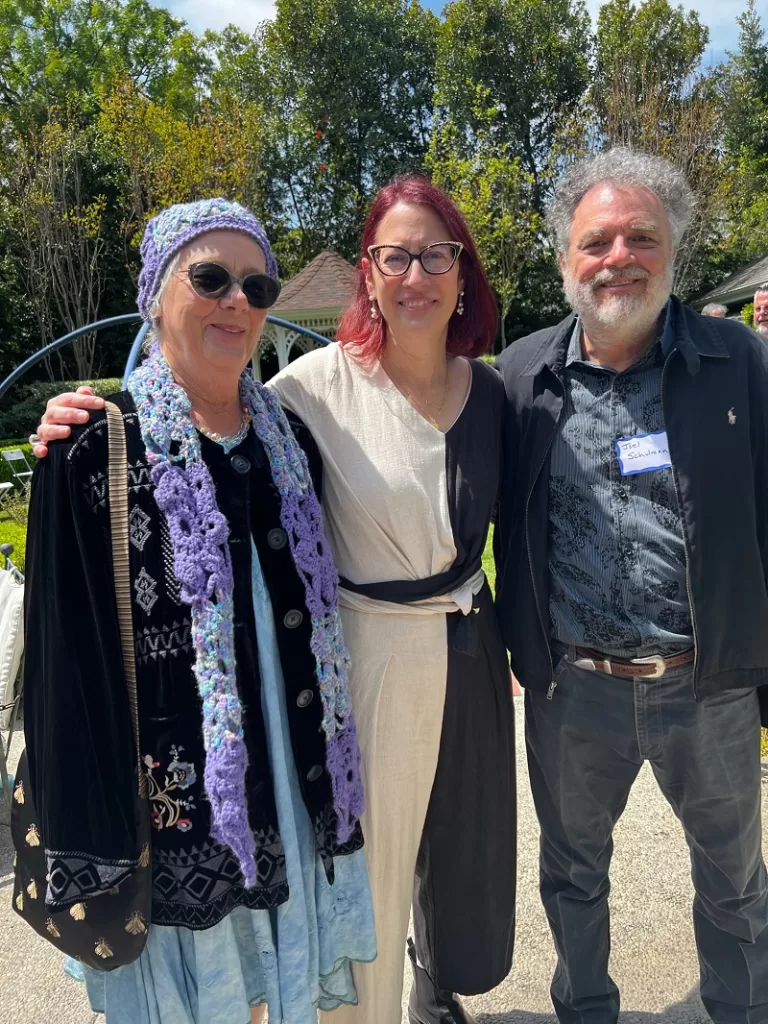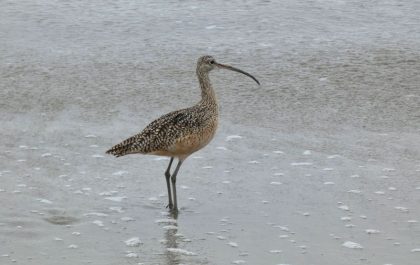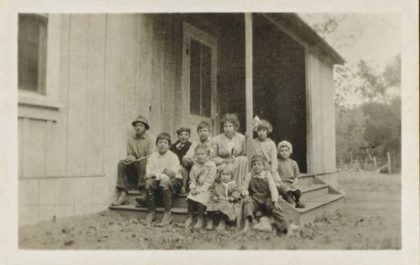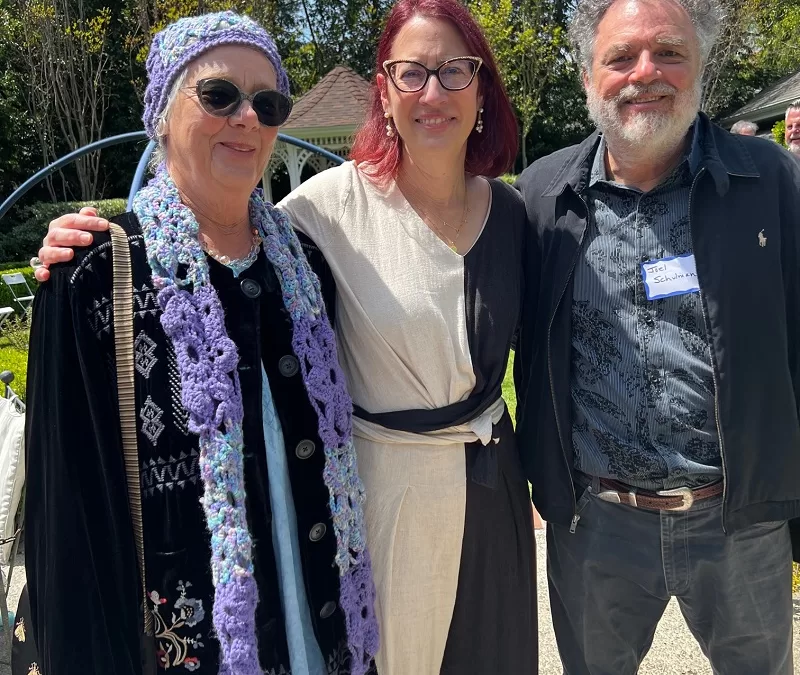The battle against toxic pesticides in California is heating up, with a pair of important bills making their way through the legislative process, and some key coastal cities preparing to go poison free.
AB 99—Limits on Caltrans Roadside Spraying
In the 1990s, Topanga activists, including the late Rabyn Blake, came together to found the Topanga Creek Watershed Committee, an organization that successfully stopped Caltrans from spraying synthetic herbicides along Topanga Canyon Blvd. It may sound like a small thing, but it wasn’t. More than 30 years later, Topanga remains one of the only communities in the state to have successfully wrested control over pesticide use from the transportation agency.
Communities, municipalities and even entire counties are held hostage by Caltrans over pesticide use, with no power to negotiate. Malibu activists have fought unsuccessfully for years to stop Caltrans spraying along Pacific Coast Highway. The entire county of Sonoma has repeatedly failed to break free from the state agency’s spraying program.
Currently, only Humboldt and Mendocino counties have succeeded in keeping pesticides off of state highways. California Assembly Bill 99 (AB-99) would change that, by providing local control over pesticide use on state highways.
AB 99, authored by Sonoma Assemblymember Damon Connolly, would require Caltrans to “develop and adopt a statewide policy to discontinue roadside spraying of herbicides and synthetic pesticides in each county where the county board of supervisors has adopted a resolution that opposes the spraying of herbicides and synthetic pesticides in the county, except where no alternative vegetation management practice is feasible or during a state of emergency.”
Glyphosate, one of the primary herbicides used by the state agency, is a proven carcinogen and is toxic to fish and wildlife, as well as to humans. The goal of AB-99 is to reduce herbicide contamination in the air, soil and water along state highways.
Proponents of the ban are promoting the concept that roadsides could become wildflower and pollinator habitat, instead of a toxic dead zone.
AB 1322—The California Ecosystems Protection Act of 2023
Assemblymember Laura Friedman (D-Burbank) is spearheading a bill to expand restrictions on toxic rat poisons and increase protections for children, pets and wildlife from unintentional poisoning.
The California Ecosystems Protection Act of 2023, AB-1322, would extend an existing moratorium on second-generation anticoagulant rodenticides to include the deadly first-generation anticoagulant rodenticide diphacinone. The proposed legislation creates safeguards from the most toxic rat poisons until state regulators develop stronger restrictions for their use.
“Despite our hard work passing legislation to curb rodenticide use, California’s most iconic wildlife like mountain lions and eagles are still needlessly poisoned. We must do more,” Friedman said. “This common-sense bill will expand restrictions on some of the most dangerous rat poisons so we can better protect wildlife and families.”
AB 1788, signed into law in 2020, established a moratorium on certain uses for second-generation anticoagulant rodenticides, but wildlife deaths from rodenticides have continued to escalate, despite the restrictions. According to the Center for Biological Diversity, more than half of all wildlife tested in the state of California shows exposure to rodenticides, and the numbers are much higher in apex predators, like bobcats and mountain lions.
Nearly all of the mountain lion studies by the National Park Service in the Santa Monica Mountains have tested positive for rodenticide exposure. P-22, the Griffith Park mountain lion, was suffering from mange linked to rodenticides at the time of his death. He was the catalyst for the Los Angeles County Board of Supervisors’ recent call for a statewide ban on anticoagulant rodenticides.

Poison-Free Malibu founders Kian and Joel Schulman have fought against the use of toxic rodenticides for more than 20 years and have helped activists organize and develop poison-free laws up and down the California coast and in Sacramento. They are enthusiastic about the legislation.
Kian told Topanga New Times that the assembly bill will close a critically important loophole in the law.
“Laura has been wonderful, she is a real environmental hero,” Kian said. “She is also working on legislation to ban toxic chemicals from cosmetics.”
Poison Free Malibu has become a major force in the fight against the deadliest pesticides, but their home town still hasn’t implemented its own poison-free policy. The strategy and language were unanimously approved in October 2022, but the item still hasn’t returned to city council for final approval.
Malibu is a small community, but its poison free policy is important. “The cities of Ventura and Sonoma are waiting to see what Malibu does,” Joel said. The full text of the two assembly bills discussed in this article can be found at leginfo.ca.gov. Visit poisonfreemalibu.org and www.biologicaldiversity.org to learn more about both organizations.





